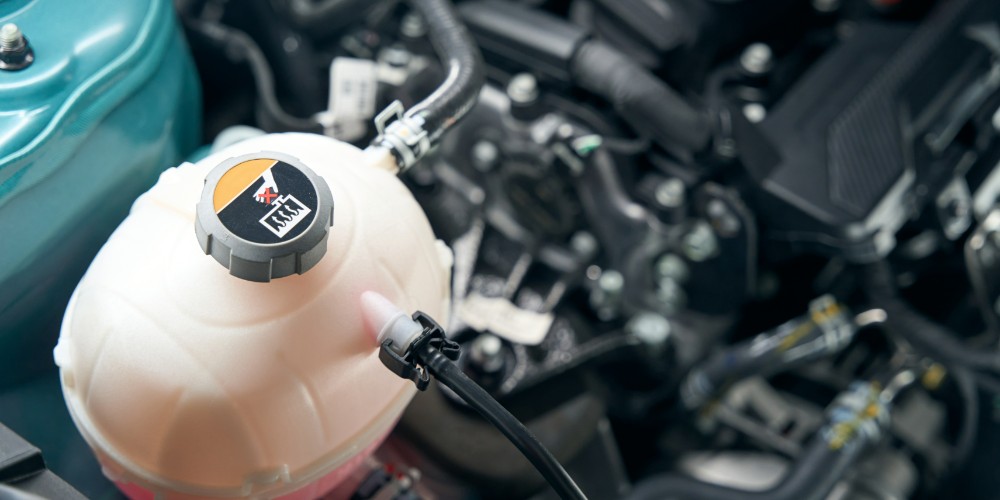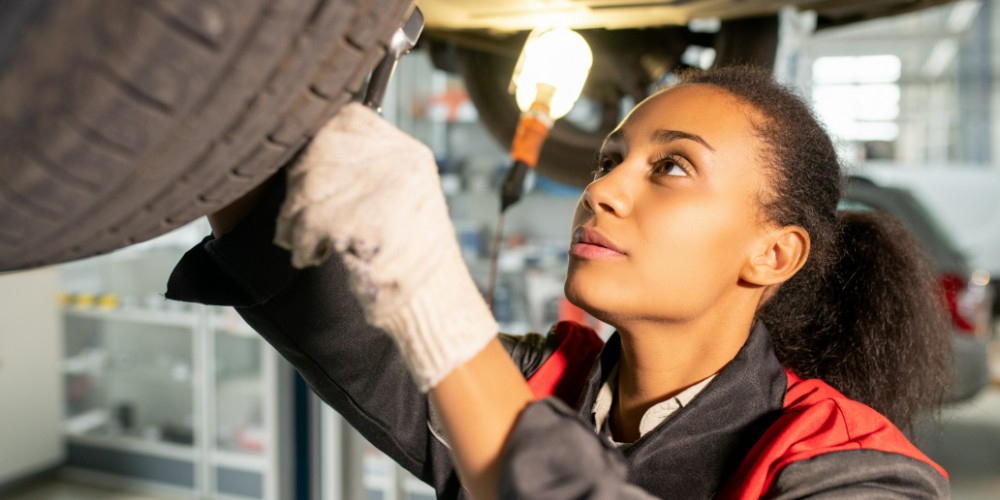Lenders & Insurance
If you’ve financed or leased a car, the lender will usually require that you carry full coverage insurance. This means that if you’re involved in an accident, your insurer will pick up the tab for repairs and replacements. However, there are some important caveats to this rule.
- First of all, the insurer’s responsibility is limited to what is covered by your policy—so if there are any costs associated with repairs or replacement parts that exceed your coverage limits, you’ll be on the hook for them.
- In addition, lenders often require gap insurance policies to cover any difference between what they finance and what the car is worth at the time of an accident. Without gap insurance, victims of a crash may end up owing money even after their insurance has done its part, which can be a burden for those struggling to get back on their feet after an accident.
- Finally, if your car is totaled in a crash and you are unable to pay off the remaining balance of the loan or lease agreement in full, you may be forced to surrender the vehicle to the lender. This can leave you without a car and still responsible for thousands of dollars in debt.
Protecting Yourself
If you do find yourself in the above situation, there are several steps you can take to protect yourself.
- First and foremost, make sure that you have adequate coverage with your auto insurance policy so that your insurer will cover all of the costs associated with repairs or replacements following an accident.
- It’s also important to be aware of the requirements for gap insurance so that you know what kind of coverage your lender is expecting from you.
- Finally, it’s a good idea to have an emergency fund saved up in case you do end up having to pay off the remainder of your loan or lease agreement after a crash.
Ultimately, crashing a financed car can be a stressful experience, but with the right preparation and knowledge, it doesn’t have to be catastrophic. By understanding your insurance policy and making sure you have adequate coverage, as well as being aware of any special requirements from your lender, you can protect yourself if you ever find yourself in this unfortunate situation.
What is Gap Insurance?
Gap insurance (also known as “guaranteed asset protection”) is an optional type of car insurance that covers the difference between what you owe on a financed vehicle and its actual cash value in the case of a total loss. In other words, if you crash your car and it’s totalled, gap insurance will pay out to cover any costs above and beyond what your auto insurer pays out for repairs or replacement.
Gap insurance is especially important if you have purchased a new vehicle with a loan since cars depreciate in value quickly over time. Without gap insurance, you could end up owing much more than the current market value of your car after an accident. So while it’s not required by law, it’s a good idea to have gap insurance if you are financing your car.
Gap insurance will also help cover some of the costs of uninsured or underinsured drivers. If you’re hit by someone who doesn’t have enough coverage, you could still be responsible for any difference between what their policy pays and what you owe on your car loan. Gap insurance will fill in that gap, protecting you from having to pay out-of-pocket.
In Summary
Ultimately, if you are financing a car, gap insurance is a smart way to protect yourself against any potential losses that may occur due to an accident or theft. It will help ensure you don’t end up paying more than what your car is worth in the event of a total loss. A few extra dollars a month may be worth it, in the long run, to ensure you won’t have to worry about covering any additional costs after an accident.
Gap insurance can provide peace of mind and help you avoid financial losses if something unexpected happens, so it’s definitely worth considering when financing your car.





